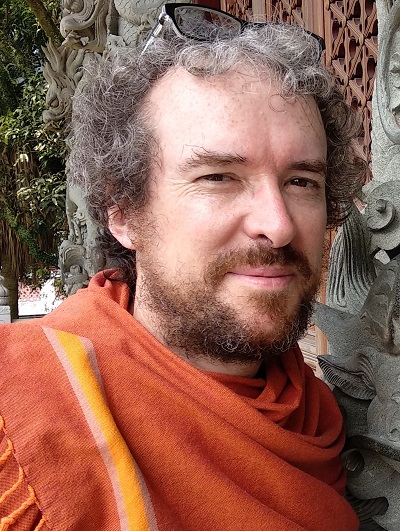Translation Research Summer School

While traditionally focused on written and oral texts as the locus of translation activity and the primary object of investigation, the study of translation and interpreting has widened its scope considerably since the turn of the century, in response to major developments in the social, economic, political, environmental and technological spheres. Now widely understood as an interdiscipline rather than an inward looking field interested only in professional practice and textual analysis, translation studies no longer reduces its primary object to linguistic units but has sought to incorporate within its remit various types of non-verbal material as well as the different agents who produce translated texts and mediate oral interaction, and the cultural, historical and social environments that influence and are influenced by cultural agents and their production. The definition of ‘translation’ itself has been extended to encompass a wide range of activities and products that do not necessarily involve an identifiable relationship with a discrete source text.
Against this background, the Translation Research Summer School aims to offer cutting-edge, intensive research training that addresses the evolving needs of doctoral and early career researchers in translation and interpreting studies, as well as those of more experienced academics who are new to the discipline or interested in engaging with recent developments in the field. In addressing new themes and revisiting old ones from fresh perspectives, the School provides a solid foundation for conducting research in the field and equips prospective researchers with the intellectual and practical tools to launch their own independent projects.
The Translation Research School took place at Shanghai International Studies University in June/July 2022 and 2024, and will take place again at Hong Kong Baptist University in 2026 and every other year thereafter, alternating with the International Research School for Media Translation and Digital Culture.
School Aims and Objectives
- To introduce students to the latest developments in research models, methodologies and techniques;
- To help students develop research skills specific to translation and intercultural studies;
- To offer critical assessments of available resources and relevant approaches;
- To lend individual support in designing and planning research projects.
Conceptual Remit
The Translation Research Summer School delivers a coherent programme divided into five modules, as follows:
- Theoretical approaches: this module prioritizes more recent theoretical advances in the discipline rather than traditional frameworks.
- Research Methods: focusing on methodologies that are particularly relevant to researching the featured theme selected for the current year.
- Research Design and Dynamics: including case studies showcasing specific methodologies.
- Featured Theme: a special theme is selected for each edition of the School.
- Academic Career Development: to cover areas such as publishing academic papers; securing an early career post; managing a PhD project; and preparing grant applications for external funding.

Syllabus and Organization
The Translation Research Summer School takes place over a period of six days. It consists of ten sessions distributed as follows:
Module 1
Theoretical Approaches
2 x 90-minute sessions
Module 2
Research Methods
2 x 90-minute sessions
Module 3
Research Design & Dynamics
2 x 90-minute sessions
Module 4
Featured Theme
2 x 90-minute sessions
Module 5
Academic Career Development
2 x 90-minute sessions
Each module encompasses three contact hours and approximately six hours of guided reading.
On the last day of the School, each student presents their work to fellow students and staff and receives verbal feedback.
Students will spend their mornings in classes and workshops, while afternoons will be spent in small group tutorials and independent study. Each student will be provided with the opportunity to take part in three tutorials.
Pathways
Students are allowed to choose one of two pathways:
Pathway 1
Pathway 2
-
- deliver a presentation of their proposed research project on the final day of the School;
- submit a research proposal (between 2,000 and 3,000 words long, excluding the bibliography) by the end of September;
- attend three group tutorials during the School.
Pathway 2 caters for participants working towards an attendance certificate only. Pathway 2 students
- choose whether they wish to attend tutorials during the school (they will have expressed their interest in doing so via their participation form);
- do not deliver a presentation nor submit a research proposal.
Presentation (Pathway 1)
Students in Pathway 1 will deliver a presentation of their research project on the final day of the School.
Presentations should last 10 minutes, followed by a 5-minute discussion session. They provide an opportunity for students to receive feedback from their peers and tutors in attendance.
Admission and Certificates
Pre-School
As part of the application process, and prior to registration, all participants are required to submit a Personal Statement outlining the reasons for and scope of their interest in the topics to be covered in the School. Applicants should submit their personal statement at this online platform. For academic queries, you may contact one of the School’s Academic Directors: Mona Baker / Kyung Hye Kim.
Post-School
Teaching Staff
The School is staffed by a core group of visiting and local academics. Additional tutors are involved on a one-off basis on different years, as required by the relevant featured theme. Not all members of the core group will necessarily be involved in each session of the School.
General Queries
For administrative queries, please contact us at ctn@hkbu.edu.hk.








